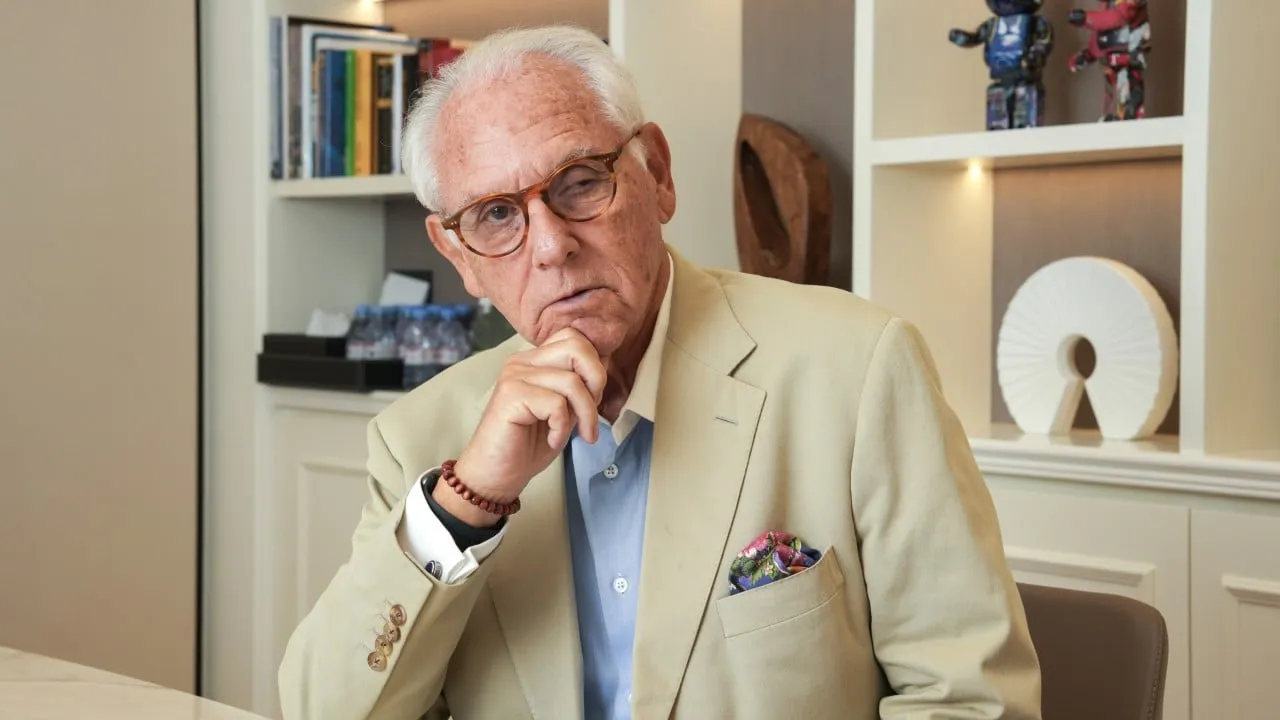Focused Ultrasound for Cancer: A Revolutionary Medical Device Transforming Healthcare

Focused Ultrasound: A Breakthrough in Cancer Medicine
Focused ultrasound represents a non-invasive approach to cancer treatment that is rapidly gaining attention in the medical field. Supported by philanthropic efforts from Hong Kong tycoon Li Ka-shing, this innovative medical device is being recognized as a commercially attractive alternative to traditional cancer therapies.
Investments and Innovations in Medtech
As the number of treatments and clinical trials increase, developers harness the power of high-intensity sound waves to target and ablate diseased tissues. According to Neal Kassell, founder and chairman of the Focused Ultrasound Foundation, the transformative potential of this technology continues to attract significant investments. Companies like HistoSonics have garnered attention from major financial institutions, which is indicative of the growing promise surrounding focused ultrasound.
- Increased Treatment Options: Focused ultrasound technology is particularly effective in treating liver cancer.
- Community Support: The Li Ka-shing Foundation is making strides by donating equipment and sponsoring clinical trials.
- CostEfficiency: Each treatment ranges from US$3,000 to US$40,000, significantly easing the financial burden on patients.
Global Trends and Future Projections
The World Health Organization projects cancer cases in China to rise to 7 million by 2040, emphasizing the urgent need for innovative cancer solutions. Last year, approximately 140,000 focused ultrasound treatments were performed worldwide, representing a threefold increase since 2018.
As the industry evolves, with more than 77 focused ultrasound equipment manufacturers present globally, the future of cancer treatment looks promising. However, the focus remains on deriving further innovations that can meet patient needs while ensuring substantial returns on investment.
This article was prepared using information from open sources in accordance with the principles of Ethical Policy. The editorial team is not responsible for absolute accuracy, as it relies on data from the sources referenced.